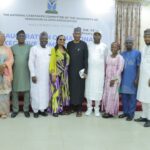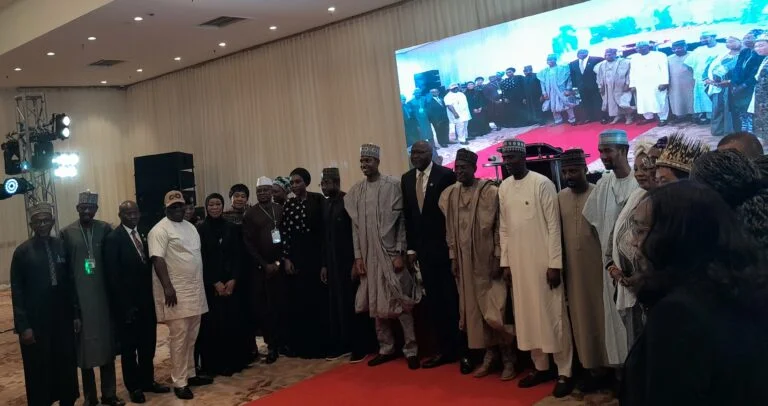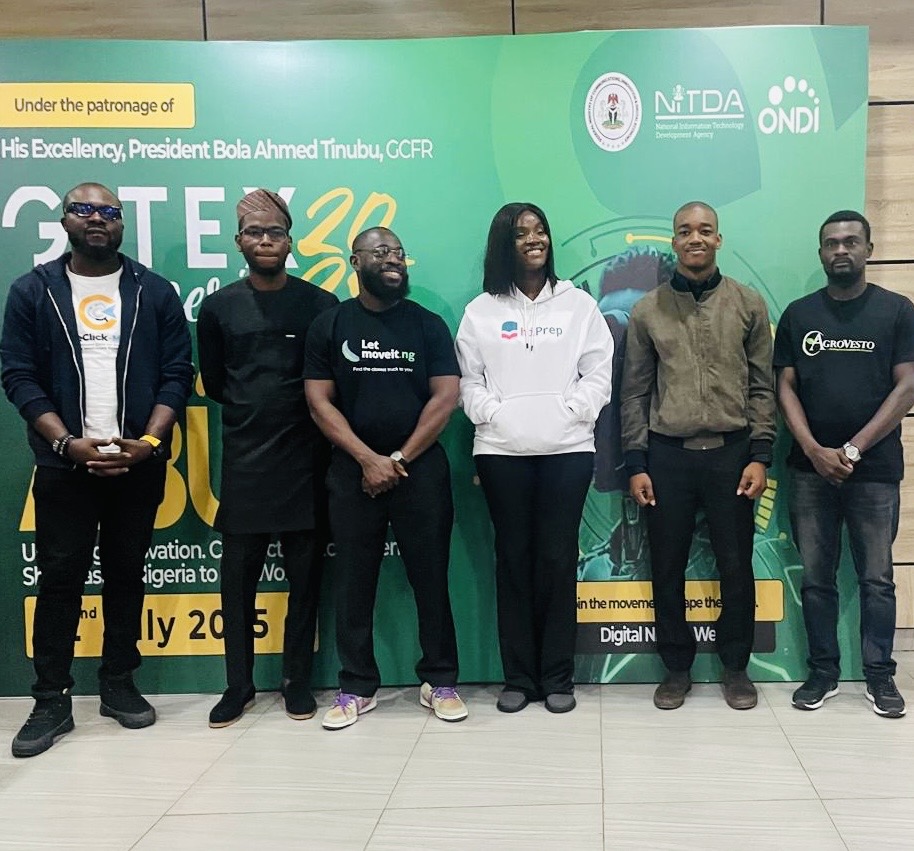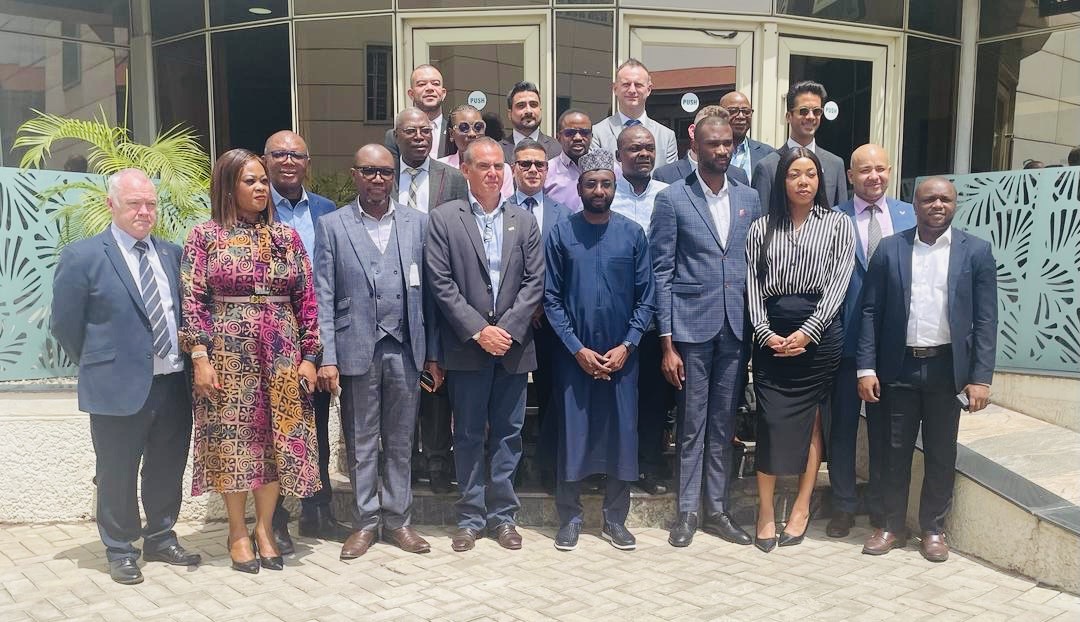CAC records 10,000 business registrations daily with AI adoption
By Lucy Ogalue The Corporate Affairs Commission (CAC) says it now records 10,000 business registration requests daily following the deployment of artificial intelligence (AI) across its service delivery platforms. The Registrar-General of CAC, Hussaini Magaji, disclosed this during the Anniversary Lecture marking the commission’s 35th anniversary on Monday in Abuja.Continue Reading

















